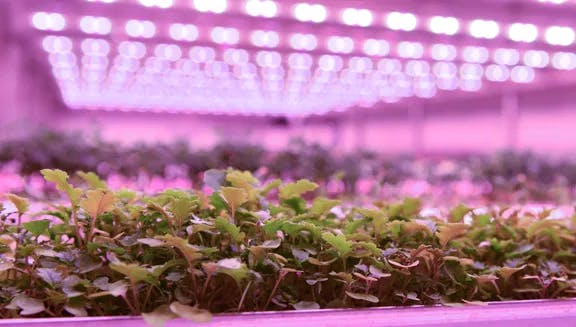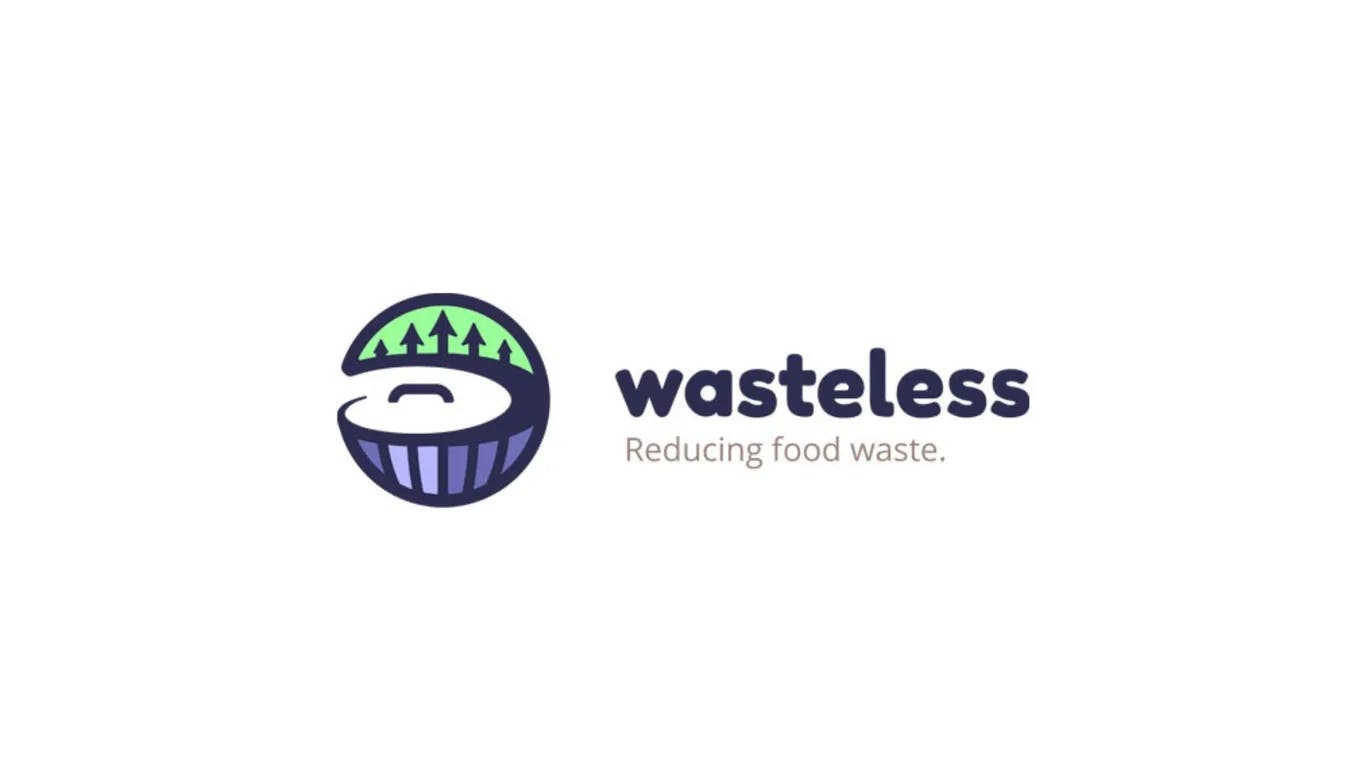
Vertical farming company Growy is on a mission to feed the world
4 August 2025


Food waste is a major global issue, with around a third of food produced for human consumption being lost or wasted. This waste accounts for 8-10% of man-made greenhouse gas emissions, contributing to climate change, hunger, droughts, and reduced biodiversity. The root cause is a broken value chain in the food system, which must be addressed to mitigate these widespread impacts.
On the ground, most urban professionals are familiar with the concept of grabbing a ready-made salad or sandwich on the go. Which item they choose hinges on personal taste and health considerations, but Amsterdam’s Wasteless noticed something else. Customers will invariably select the salad with the furthest expiration date because there’s a “higher perceived freshness value”. What they found is that when this price is discounted, “40% of the consumers actually buy the product with shorter expiration dates.” It seems that saving cash incentivises customers to help prevent food waste, especially during times of rising food costs and inflation.
Wasteless, founded in 2018, had an insight that’s brilliant in its simplicity: reduced prices motivate shoppers to purchase food items as their expiration date approaches. According to Ralph de Vries, CCO and Co-owner:
“Food waste happens not only in supermarkets but largely in households and out-of-home settings as well. One key area where we can make a difference is by educating people on expiration dates—helping them understand when to buy and when to use their food to minimise waste. Our solution aims to be part of that change by giving consumers the knowledge they need to manage their food better”.

The main challenge in minimising food waste in the retail supply chain is managing the inventory of fresh products in relation to expiration dates and consumer behaviour. Wasteless addresses this by using a pricing engine powered by AI reinforcement learning. This engine quickly adapts to consumer responses to dynamic pricing, optimising discounts to reduce waste and maximise revenues.
From this AI reinforcement learning, Wasteless also creates valuable data that goes back into the supply chain, which helps production companies improve efficiency, reduce out-of-stock situations, and optimise their processes. “So, it’s a win-win: reducing waste at the consumer level while also helping suppliers refine their operations,” Ralph says.
In Europe, logistics and transport are extremely efficient. Data flows between suppliers and retailers so every party knows what food items are arriving and when. This was the catalyst for Wasteless’ idea that this data could hold the key to reducing waste in the supermarket aisle. Wasteless created models to understand how customers act on price and freshness. Their solution can pinpoint the most enticing price point for customers relative to an item’s expiration date.

In the years since launching, Wasteless has witnessed a shift in consumer behaviour. As sustainability is increasingly talked about, customers are changing the way they shop. Ralph mentions “Sustainability is crucial, but it needs to be approached in a way that's commercially viable. When money is involved, business cases move faster, and the implementation of sustainable practices becomes more effective”.
He goes on to advise not to shy away from making sustainability commercially driven. “There’s no shame in ensuring it’s profitable—positive business cases can benefit both the environment and the bottom line. For example, when food is wasted – such as when meat or produce is discarded after all the energy and resources have gone into producing it – it’s a huge loss. This waste has real environmental and economic impacts, so if we can make sustainability part of a solid business model, we can do good for both the planet and our industries”.

Expanding in Amsterdam was an important move for Wasteless due to its connectivity and accessibility to the market. “What's great about the supermarket landscape here is how accessible it is. In one day, you can visit multiple supermarket headquarters like Jumbo and Dirk van den Broek, making it easy to engage with key players. We've been fortunate to work with fantastic partners across Europe and from Amsterdam. Here, it’s simple to connect with international retailers like Edeka in Germany or Aldi.
It is a momentous time for Wasteless as they prepare to go live with their innovative software at Dirk van den Broek in the Amsterdam Area. The US market is also growing quickly for Wasteless. Says Ralph, “We’re in touch with a few other markets, but where we’re really seeing rapid growth is in the US.”
An innovative product in the works is a new barcode system. “What's really exciting is that in the coming years, we’re moving beyond the standard barcodes to QR codes, which will carry much more information. This shift will transform how everyone in the food chain, from farmers to retailers, operates—going from reactive to proactive”.
By understanding consumer behaviour and adapting pricing dynamically, Wasteless not only reduce waste at the retail level but also contributes valuable data back to the supply chain, enhancing overall efficiency. Ralph says, “The new QR code will provide a wealth of data not just for consumers but also for systems like ours, allowing us to learn and improve continuously. It's definitely mutually beneficial, as it empowers both businesses and consumers with better information and helps streamline the whole process”. As sustainability becomes a core consideration for consumers, Wasteless emphasises the importance of creating commercially viable solutions that benefit both the environment and the economy.